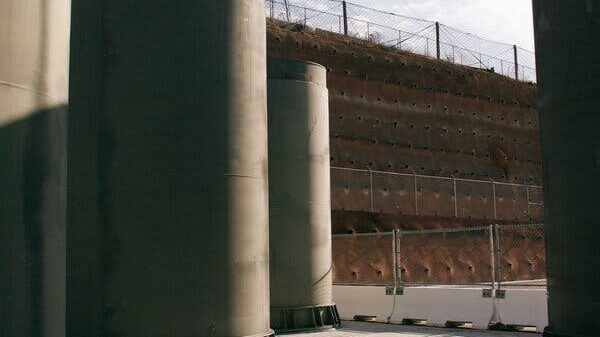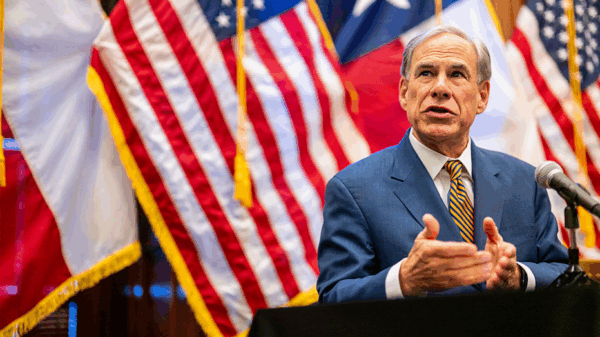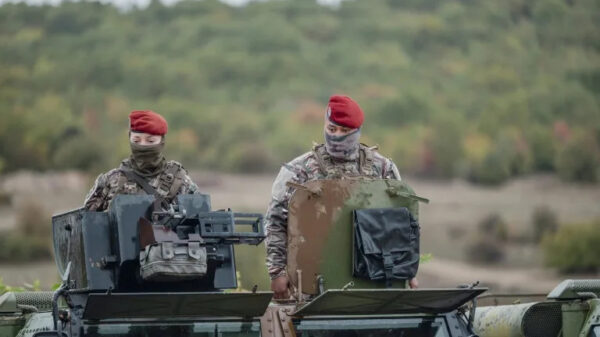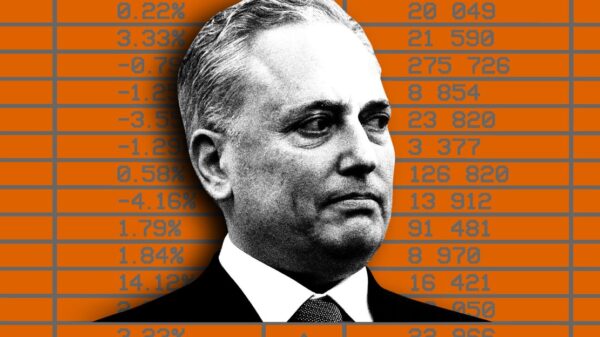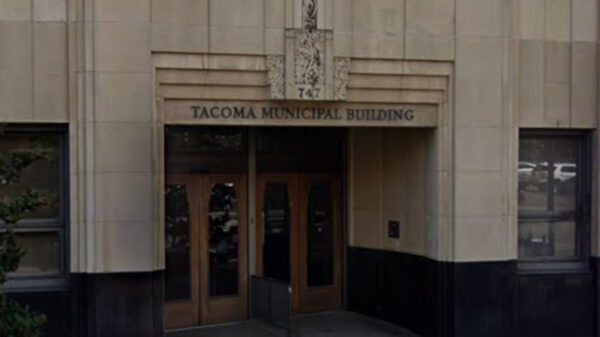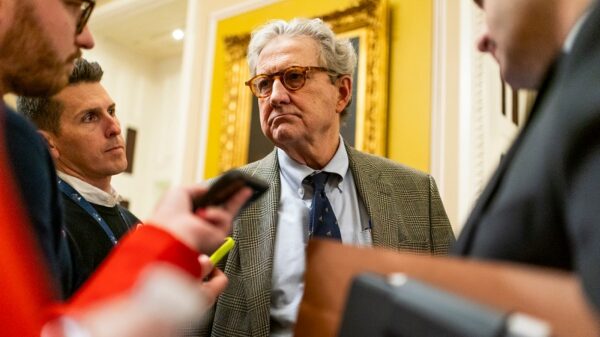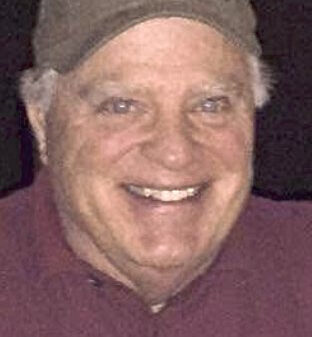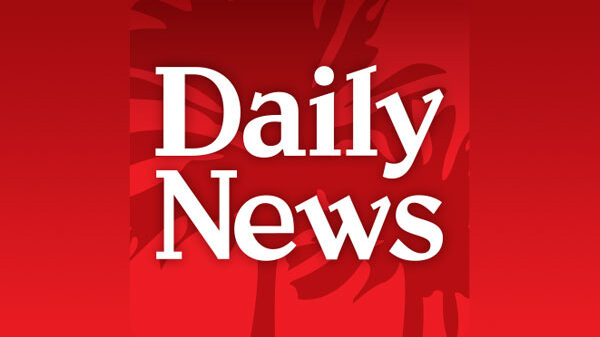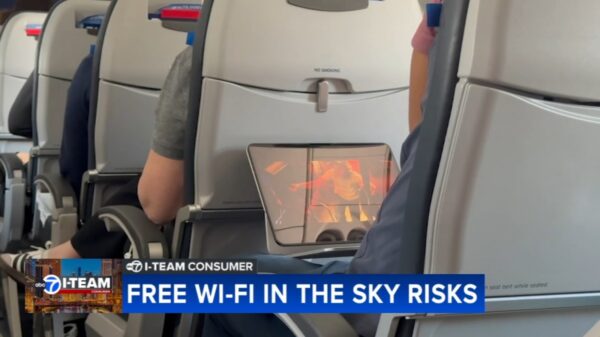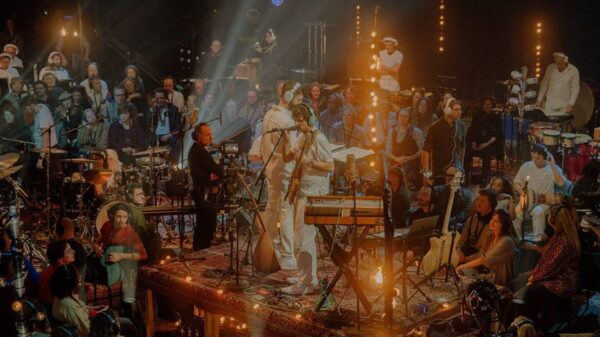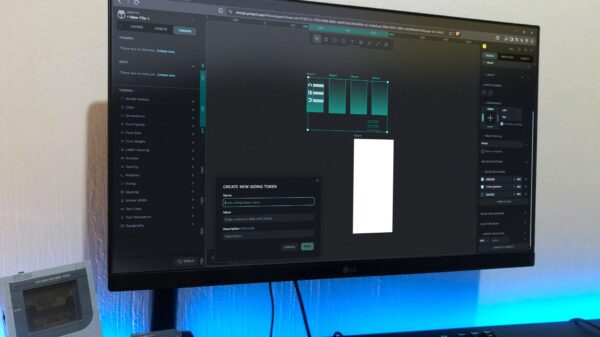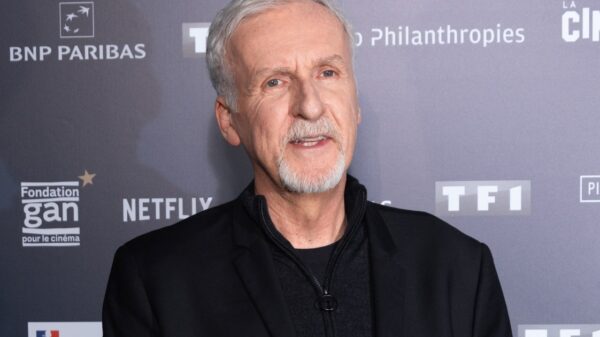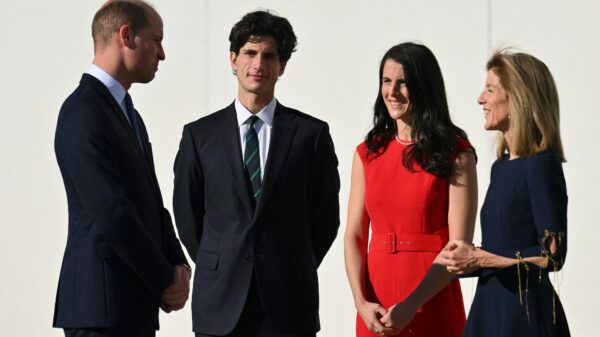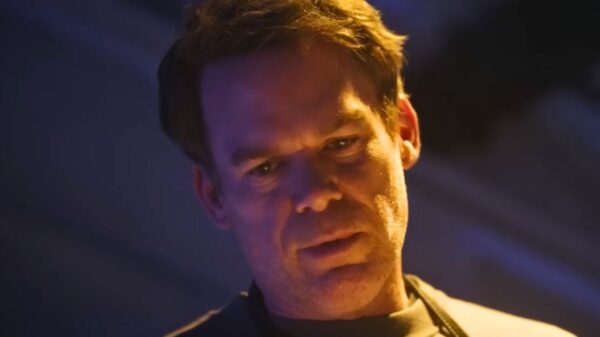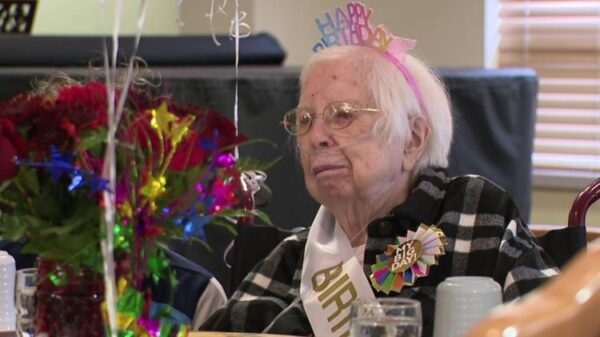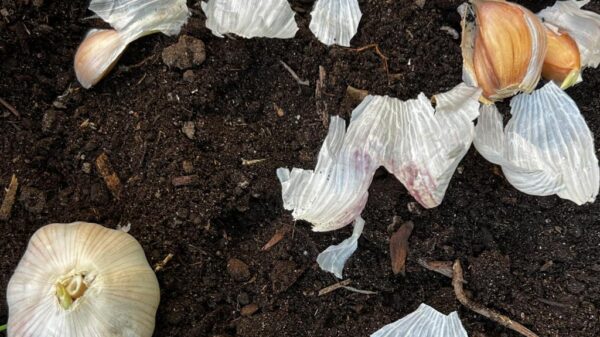U.S. President Donald Trump made a surprising statement on social media regarding Ukraine’s ability to reclaim its territory from Russia. After previously indicating that Ukraine lacked the resources to fend off the invasion, Trump asserted on Tuesday, “I think Ukraine, with the support of the European Union, is in a position to fight and WIN all of Ukraine back in its original form.” His comments come at a critical juncture, following several incidents where Russian aircraft violated NATO airspace, prompting the alliance to reaffirm its commitment to supporting Ukraine.
Trump’s latest remarks did not emphasize direct U.S. military support for Ukraine. He mentioned, “We will continue to supply weapons to NATO for NATO to do what they want with them.” He added, “With time, patience, and the financial support of Europe and, in particular, NATO, the original Borders from where this War started, is very much an option.” The former president also commented on Russia’s economic struggles, stating, “Putin and Russia are in BIG Economic trouble, and this is the time for Ukraine to act.” He concluded with a wish for both nations, saying, “In any event, I wish both Countries well.”
NATO’s response was swift, emphasizing that allies remain committed to supporting Ukraine’s right to self-defense. In a statement, the North Atlantic Council said, “Allies will not be deterred by these and other irresponsible acts by Russia from their enduring commitments to support Ukraine, whose security contributes to ours.” This statement followed several incursions by Russian aircraft over NATO member states, including Poland and Romania.
Despite Trump’s assertive rhetoric, analysts believe that no significant change in U.S. policy is imminent. According to Reuters, Trump’s position would require Ukraine to expel Russian forces from approximately 20% of its territory, including the Crimean peninsula, which has been under Russian control since 2014. Critics on Capitol Hill expressed skepticism about Trump’s stance. Massachusetts Democratic Senator Ed Markey referred to him as “delusional,” arguing that without stronger U.S. support, Ukraine faces a dire situation.
Senator Jeanne Shaheen of New Hampshire remarked on the lack of tangible outcomes following Trump’s previous overtures to Russian President Vladimir Putin. She stated, “President Trump has nothing to show for it and Putin is actively testing NATO’s resolve.” Calls for more effective action from the U.S. government were echoed across party lines.
In Europe, reactions varied. One official stated, “The cards are clear for us. We know what we should be doing.” Germany’s Foreign Minister remarked that, “We can achieve much more; not all European states have delivered what they promised Ukraine.” As the situation evolves, experts suggest that Trump’s comments might reflect a desire to position himself as a peace broker while shifting blame onto Russia and European nations.
The ongoing conflict has seen significant military action on both sides. Ukrainian attacks on Russian oil refineries have reportedly dropped Russian fuel exports to their lowest levels since 2020. According to the Financial Times, drone strikes have disrupted over one million barrels of oil per day from Russia’s refining capacity, with sixteen of Russia’s thirty-eight refineries targeted since early August.
Amid the backdrop of this military conflict, Russia’s finance ministry proposed an increase in the value-added tax from 20% to 22% starting in 2026, aimed at funding military expenditures as the war continues into its fifth year. The war has also reportedly taken a heavy toll on Russian forces, with estimates suggesting around 250,000 Russian troops have died in the conflict, marking a significant loss for Moscow.
In a notable development, Ukraine has utilized hot-air balloons in attacks on Russian targets, although the precision of these attacks has been questioned. A Russian defense official acknowledged that these tactics have led to incidents in several regions, including Crimea and Moscow.
As these events unfold, NATO Secretary General Mark Rutte is set to visit the United States for discussions with world leaders during the UN General Assembly in New York. The ongoing dialogue among member states reflects the urgency of the situation and the need for coordinated responses to the challenges posed by Russia’s actions.
The UN General Assembly recently witnessed powerful addresses highlighting global instability. UN Secretary-General António Guterres urged member states to choose cooperation over chaos, warning of an age of “reckless disruption” that threatens foundational principles of international law and order.
As the international community grapples with these complex issues, Trump’s remarks and the evolving geopolitical landscape will undoubtedly continue to shape discussions surrounding security and diplomacy in the region.

